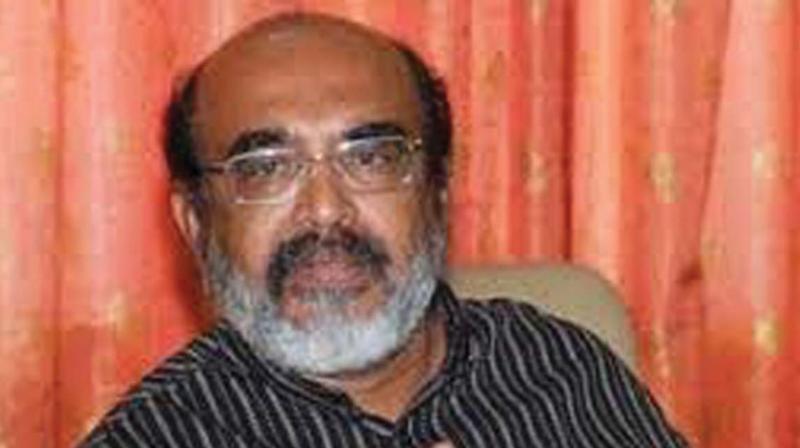IGST squeezes Kerala's liquidity
Kerala to press for GST amendment.

Thiruvananthapuram: The state government will press for the amendment of Integrated Goods and Services Tax (IGST) Act at the GST Council in such a way that the states’ share in the IGST pool is transferred to them at one go instead of, as is happening now, in mini spurts. Such an amendment to Section 18 of IGST Act is seen as the most effective way out of the liquidity crisis the state has found itself in.
It is not as if the state was suddenly been pauperised. On paper, the state has enough money to weather a crisis. Problem is, the money is locked up in IGST pool. This pool holds taxes paid by traders who purchase outside their home state, and transport goods back home for sale. Section 18 of the IGST Act essentially states that the money from IGST pool will be credited to the state’s coffers only when the trader who has purchased from outside begins selling the goods. “A trader does not sell all that he has bought from outside in one big clearing sale. He does so only in small batches. This means the state’s share from IGST will come only in trickles, as and when the trader sells his goods, one good after the other,” an economist working closely with the state said.
Take for instance a TV dealer who purchases 20,000 TV sets from Maharashtra. Even during a festival season like Onam, the trader can sell nothing more than 400 sets a month. Therefore, the state will get its share from the IGST pool that corresponds to the 400 sets sold. The money for the remaining 19,600 sets will remain stuck in the IGST pool. And if any of these sets remain unsold by the end of the fiscal, the state will lose its share. In the first three months post GST, the state has received Rs 350 crore, Rs 530 crore and Rs 830 crore as its IGST share. But this is just a fraction of state’s IGST entitlement. Finance minister T.M. Thomas Isaac, during a pubic function the other day, had estimated that nearly '7,000 crore of the state’s share is languishing in the IGST chest.
Even otherwise, state’s income has taken a severe beating in post GST scenario. When VAT was in force, 75-80 per cent of goods sold were in the standard 14.5 per cent bracket. Under GST, nearly 80 per cent goods are in 18 percent GST bracket; the state's share being 9 per cent, is 5.5 per cent lower than what the state secured during the VAT regime. “Either the IGST share should be credited straightaway to the Consolidated Fund of states or the states should be offered an interest-free loan matching its share in the IGST pool,” a top finance department official said.

